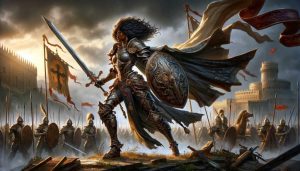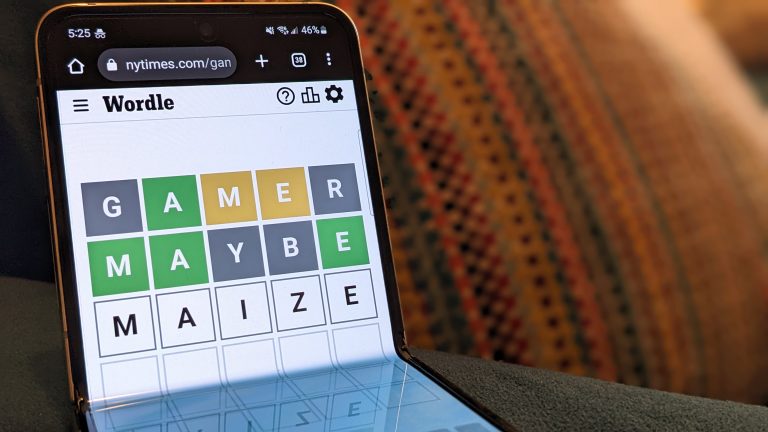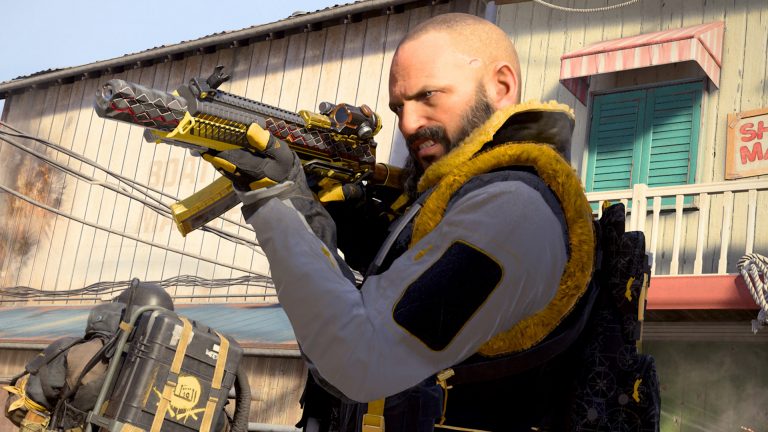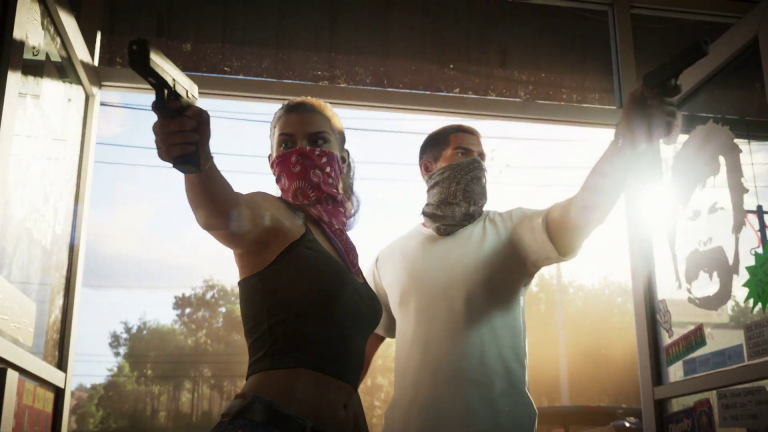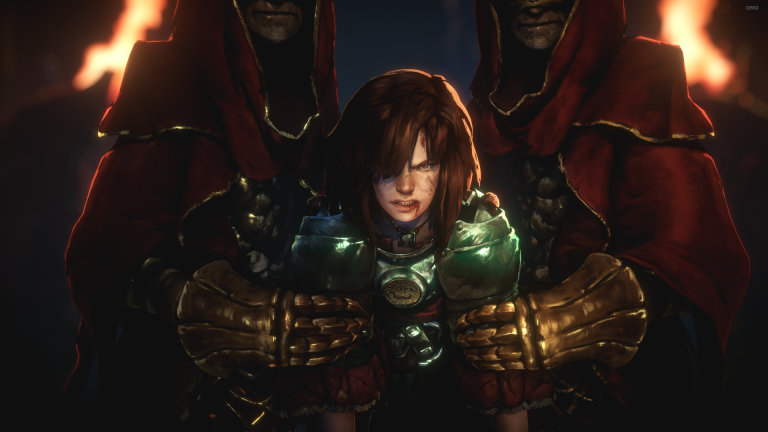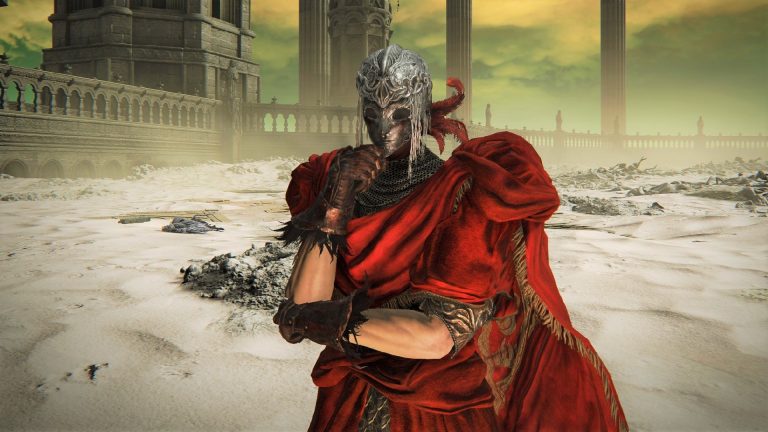Embrace Your Divine Calling as a D&D Paladin
Paladins stand as one of the most iconic classes in the realm of Dungeons & Dragons, known for their unwavering faith and martial prowess. In the fifth edition (5e), the Paladin class allows players to channel divine magic, smite their enemies, and uphold the sacred oaths of their deities. As divinely inspired warriors, Paladins draw from a higher power to fuel their combat abilities and spellcasting, mixing might and magic in a spectacular display of battlefield dominance and moral resolution.
Choosing the right Paladin subclass, or Sacred Oath, determines the divine nature of your campaign journey and shapes the methods you’ll employ to smite evil and protect the innocent. Each subclass offers a unique set of abilities, spells, and tenets that can dramatically alter the way a Paladin approaches both combat and roleplaying situations. Whether you are a vengeful avenger or a peaceful guardian, your oath will guide you through the tumultuous adventures that await.
This divine guide is dedicated to all the would-be Paladins looking to find their path within the world of D&D 5e. We shall peruse the varied Paladin subclasses and the divine powers they bestow. Whether you seek to become the bastion of virtue or the hand of judgment, read on to discover the ultimate list of Paladin subclasses that align with your desired playstyle and witness how each can revolutionize your sacred quest.
Unearthing the Paladin Oaths
The Core of Your Divine Powers
The moment a Paladin swears their sacred oath is a pivotal event, marking the divine pact that grants them power and defines their mission. The nature of these oaths ranges from upholding the highest ideals of justice and honor to enforcing a tyrannical will or seeking redemption through acts of great courage. Regardless of the chosen oath, the Paladin becomes a force to be reckoned with, an instrument of their deity’s will in the mortal world.
Each subclass represents a different facet of the divine, encouraging players to weave their beliefs and tactics into the linen of their character’s experience. As you navigate the nuances of each oath, consider not just the mechanical advantages, but also the rich roleplaying opportunities that each affords. A Paladin’s oath is not merely a source of power; it is a narrative compass that will guide your hero’s actions and development throughout their adventuring life.
Oath of Devotion – The Quintessential Guardian of Good
Like a beacon shining bright in the darkest night, the Oath of Devotion Paladin upholds the values of honesty, courage, compassion, honor, and duty. Rooted in the tradition of chivalrous knights and holy crusaders, these Paladins embody everything that is pure and good. They are the protectors of the weak, the champions of justice, and the light against the encroaching shadow.
In practice, the Oath of Devotion binds a Paladin to both defensive and aggressive capabilities, with an array of spells focused on healing, protection, and enemy smiting. Channel Divinity options such as Sacred Weapon and Turn the Unholy reinforce the Paladin’s ability to lead the charge against darkness. Adhering to this oath means committing oneself to an exemplar’s life; one must act with unwavering ethics and stand as a standard for others to follow.
When playing an Oath of Devotion Paladin, remember that your character is more than just a set of mechanics; they are a symbol to the world around them. In roleplaying terms, integrating this virtuous archetype into the game requires a deep understanding of their motivations and conducting oneself as a paragon of their tenets. Embrace the classic hero archetype, and let your light cleanse the world’s evil.
Oath of the Ancients – Protector of the Natural Order
The Oath of the Ancients is a solemn commitment to preserve the light—where ‘light’ stands for all that is good, joyful, and radiant in the world. Paladins of this oath cherish life and the beauty of the natural order, fighting not just against flesh and blood but against despair and darkness. They bind themselves to the ancient spirits of nature, wielding magic that can both restore and entangle, and guarding the world’s wonders against those who would defile them.
The mystical powers granted to these Paladins blur the line between martial prowess and druidic magic. Spells such as Ensnaring Strike and Misty Step can shape the terrain of battle while reinforcing the Paladin’s connection to the land. Their Channel Divinity options allow them to charm other creatures or ensnare them with nature’s wrath, effectively intertwining faith with the arcane forces of the earth.
Portraying a Paladin of the Ancients goes beyond embracing nature; it’s about manifesting the joy and celebration of life in your character’s deeds and demeanor. It allows for a more nuanced style of roleplay, where the Paladin’s connection to the natural world plays an integral part in their narrative and actions. It’s recommended to engage with the whimsy and reverence of this subclass, pledging to bring not just protection, but also prosperity to the lands you traverse.
Oath of Vengeance – The Avenger Who Walks the Edge
For some, justice requires a sterner hand, and mercy must give way to punishment. Paladins who take the Oath of Vengeance do so to pursue a more relentless form of righteousness. They are the sworn enemies of a particular evil, willing to venture into moral grey areas and employ whatever means necessary to see their foe vanquished. These avengers eschew the traditional codes, prioritizing the destruction of evil above all else.
Bristling with powers of pursuit and single-minded destruction, Vengeance Paladins possess a spell list designed to hunt down and incapacitate their adversaries. Their Channel Divinity powers, such as Abjure Enemy and Vow of Enmity, focus on debilitating a single, formidable opponent. The path of Vengeance is for those who wish to embody the indomitable spirit of retribution, wielding divine wrath as a weapon against the wicked.
Playing a Vengeance Paladin requires a different approach to roleplay, delving into the character’s drive and determination to see their oath fulfilled. They often walk a fine line between hero and anti-hero, providing rich opportunities for story and character development. Complex moral decisions will shape the journey of a Vengeance Paladin, and you must decide how far is too far in the pursuit of your sworn quest.
Oath of Conquest – The Iron-Willed Dominator
The Oath of Conquest calls to Paladins with the heart of a warlord and the unshakable conviction to bend the world to their righteous order. These Paladins are crusaders who believe that peace comes through the strength of will and the might to compel obedience. Fear and discipline are tools in their hands, and they use them without hesitation to establish dominion and eliminate chaos in all its forms.
Paladins sworn to the Oath of Conquest channel the power of intimidation and control, with spells that dominate and terrify their adversaries. Their divine arsenal includes abilities that allow them to create an imposing presence on the battlefield, such as the Conquering Presence or the fearsome Aura of Conquest. They impose their iron will, ensuring their enemies are not only defeated but subjugated.
To inhabit the role of a Conquest Paladin, one must embrace the mindset of a merciless leader whose ultimate goal is to enforce order. They provide a compelling dynamic within a party, often leading the charge with authority and radiating a charismatic, albeit intimidating, presence. A Conquest Paladin’s journey is defined by their ability to walk the line between a noble guardian and a tyrannical enforcer, offering a layered experience ripe with character growth and strategic dominance.
Oath of Redemption – The Pacifist’s Path to Power
At the other end of the moral spectrum lies the Oath of Redemption, the path of the peacekeeper who believes that any creature can be redeemed and that violence is a lamentable solution. Redemption Paladins seek to defuse conflict and to turn enemies into allies. They stand as embodiments of patience, holding onto the belief that a gentle word and an open heart can triumph over the sword’s edge.
This pacifist approach bolsters the Paladin’s ability to shield and heal, offering spells and features conducive to de-escalating combat rather than instigating it. Their Channel Divinity options focus on persuasion and protection, such as the Emissary of Peace or Rebuke the Violent, reflecting their commitment to protect life rather than take it. They wield mercy as others might wield weapons, often standing as a moral compass within a group.
Playing a Redemption Paladin offers an intricate roleplaying challenge, as it encourages the character to find creative solutions to problems that may traditionally be solved through combat. It’s a call to consider the redeeming qualities in even the darkest of enemies, advocating for dialogue rather than confrontation. Whether arbitrating peace or shielding comrades from harm, a Redemption Paladin is a beacon of hope and a testament to the power of compassion in a world often ravaged by conflict.
Oathbreaker – Power Through Darkness
Lastly, there is the Oathbreaker, the Paladin who has turned their back on the light to embrace the shadows. The breaking of a sacred oath is a grave act, yet it is from this act of defiance that the Oathbreaker draws their dark strength. These Paladins have forsaken their initial divine vows, either for personal gain or as a result of corruption, walking a path lined with power that others fear to tread.
Their subclass features exude a sense of dread and command over the undead, with a spell list that includes the likes of Animate Dead and others that evoke a sinister edge. The Oathbreaker’s Channel Divinity includes options such as Control Undead or the shroud of darkness that is the Aura of Hate, which empowers not only the Paladin but their undead and fiend allies as well. They are often seen as enemies of the light, harnessing the forbidden powers they once swore to oppose.
An Oathbreaker Paladin presents a more morally complex narrative for players, often standing as a figure of inner conflict and power struggle. They allow you to explore themes of redemption or further corruption and to question the nature of righteousness and sin. When bringing an Oathbreaker into the party, be prepared for a journey rife with tension and moral ambiguity, offering a profoundly complex character arc that may either lead back to the light or deeper into the abyss.
Crafting Your Paladin’s Divine Saga
The spectrum of Paladin subclasses in D&D 5e presents a tapestry of divine narratives, each with its distinct color and texture. Whether you choose to be a beacon of light or a shadow in the darkness, the sacred oath you take will carve the path of your celestial quest. As protectors of the righteous and champions against the corrupt, Paladins are a class that offers both versatile gameplay and rich character development.
As you consider the Oath that resonates most with your desired playstyle, remember that each choice not only offers a set of mechanics but also sets the stage for compelling storytelling. Your Paladin’s adherences and conflicts, triumphs and tribulations, will become the framework of your adventures in the D&D 5e universe. From noble guardian to feared avenger, the divine power of a Paladin is yours to command.
So arm yourself with the might of the gods, choose your creed, and let your journey as a Paladin begin. As you step forward on your sacred mission, may the divine light guide your way, or may the shadows yield the power you seek. In the world of Dungeons & Dragons, your Paladin’s divine saga is yours to create—may it be epic!
The post Divine Power: Ultimate List of D&D 5e Paladin Subclasses appeared first on LitRPG Reads.


